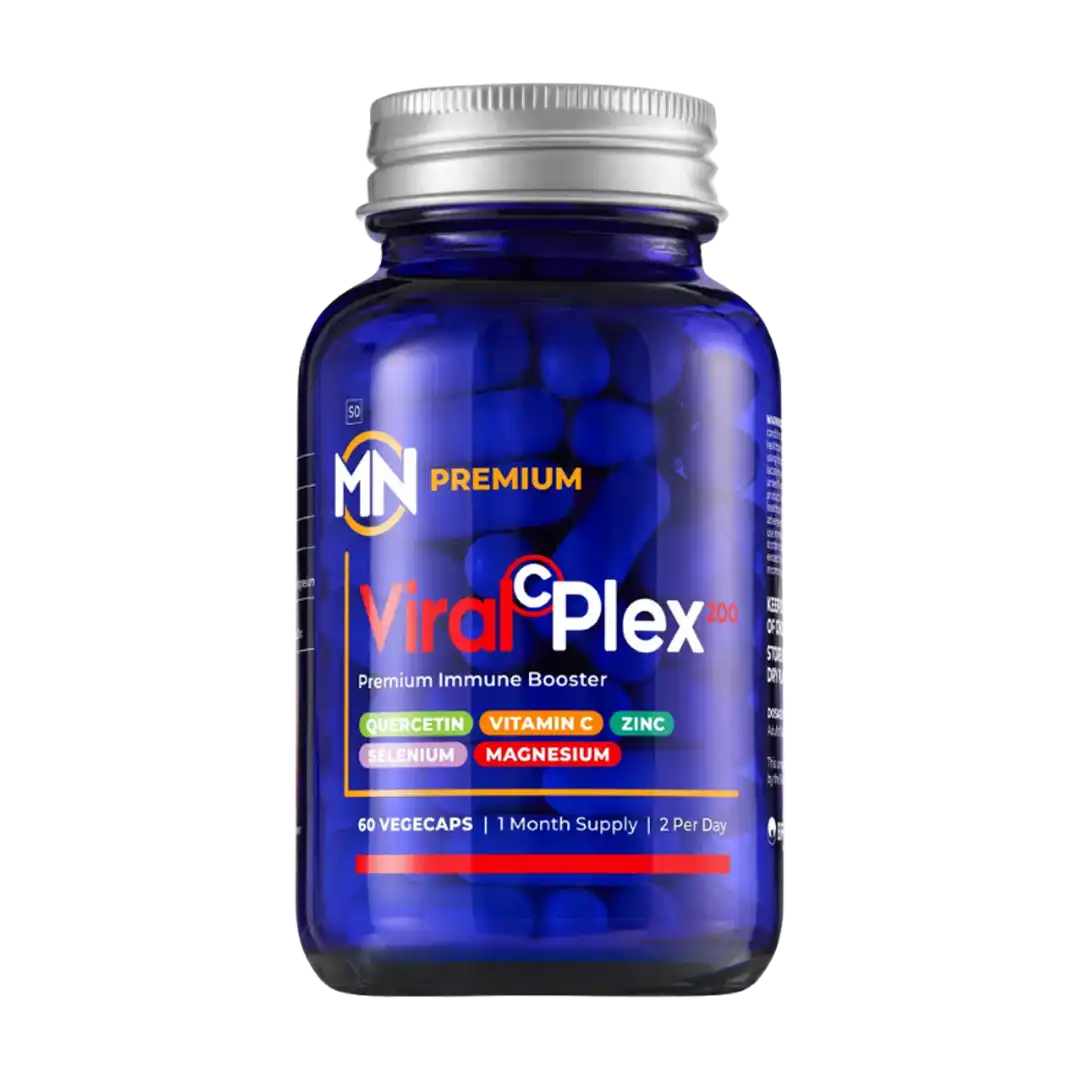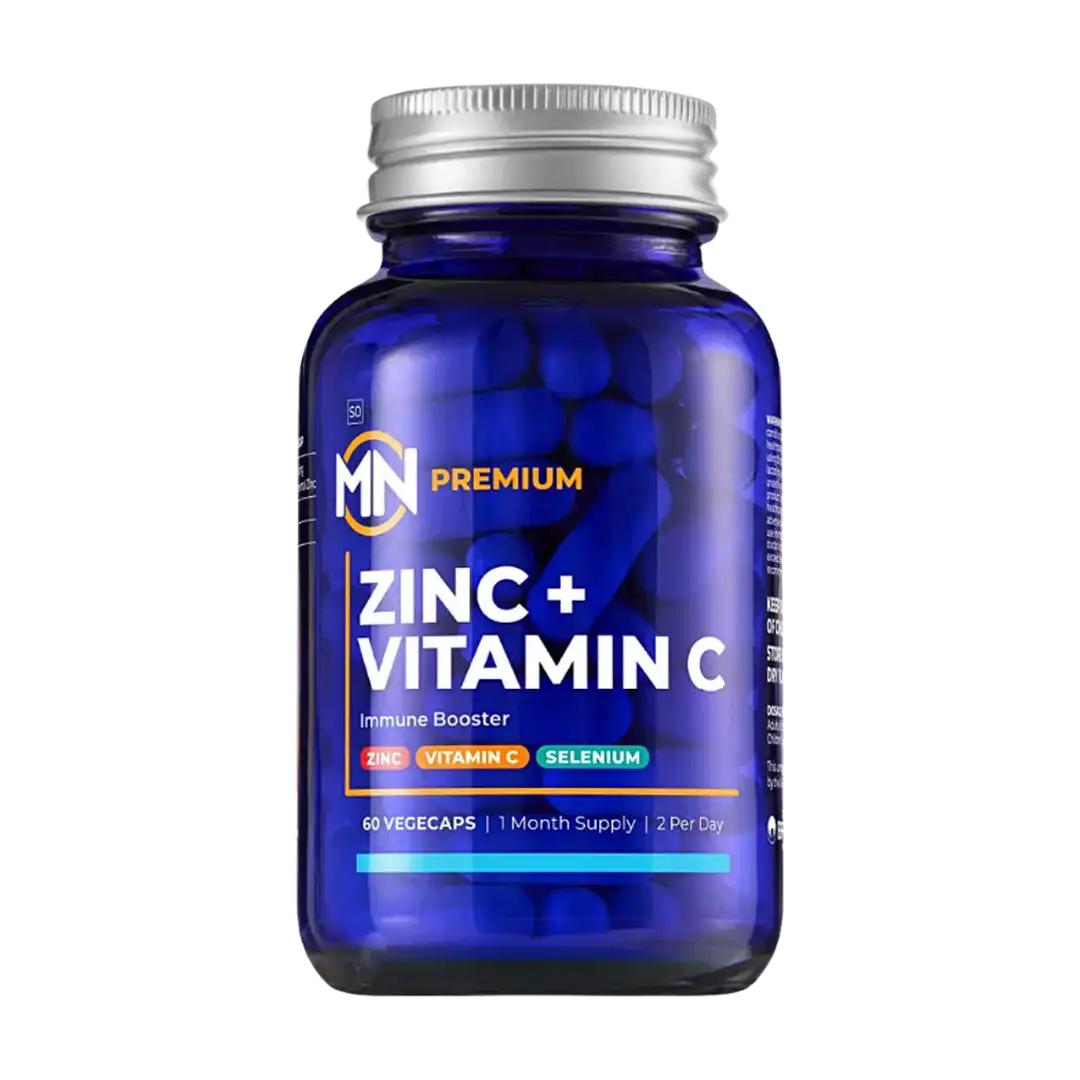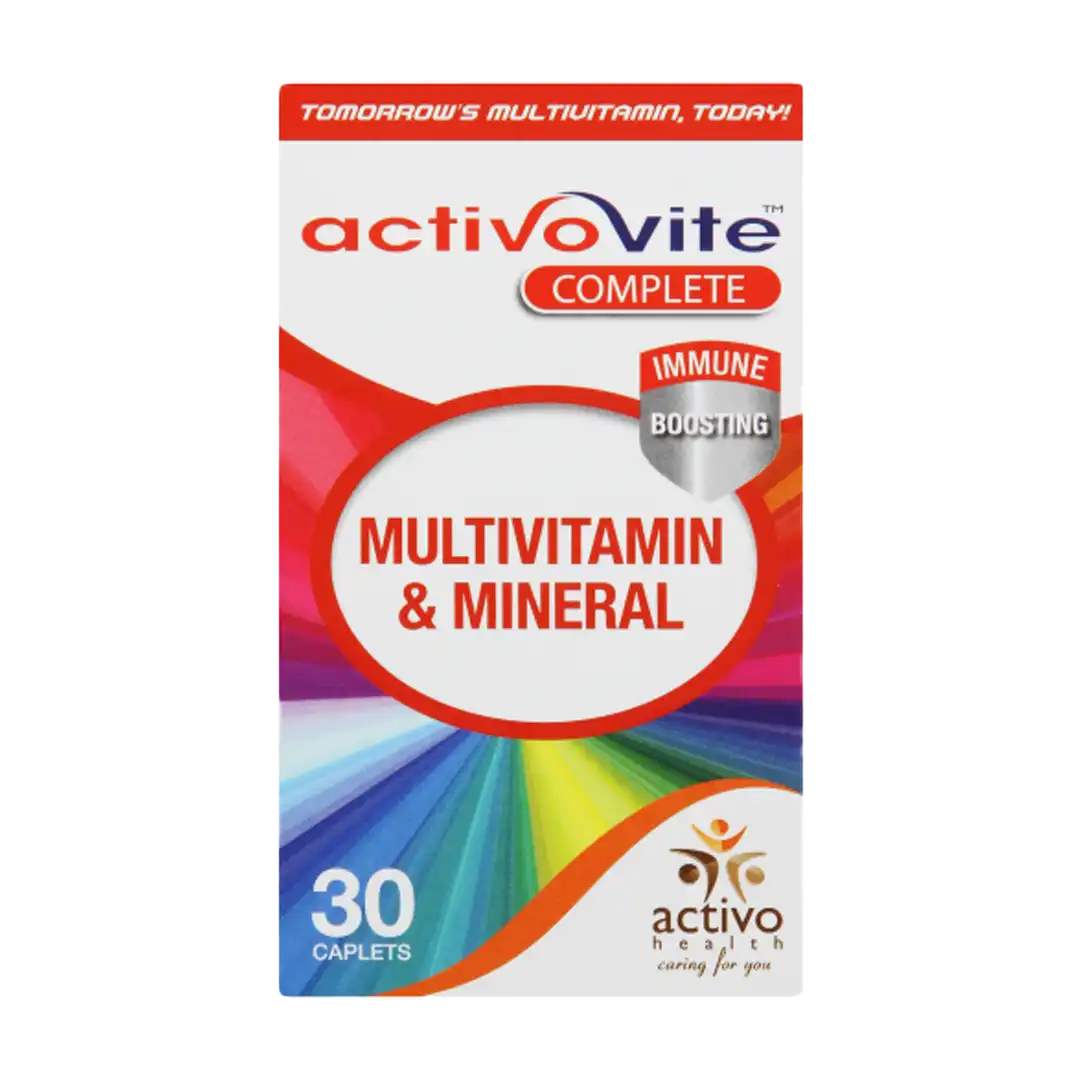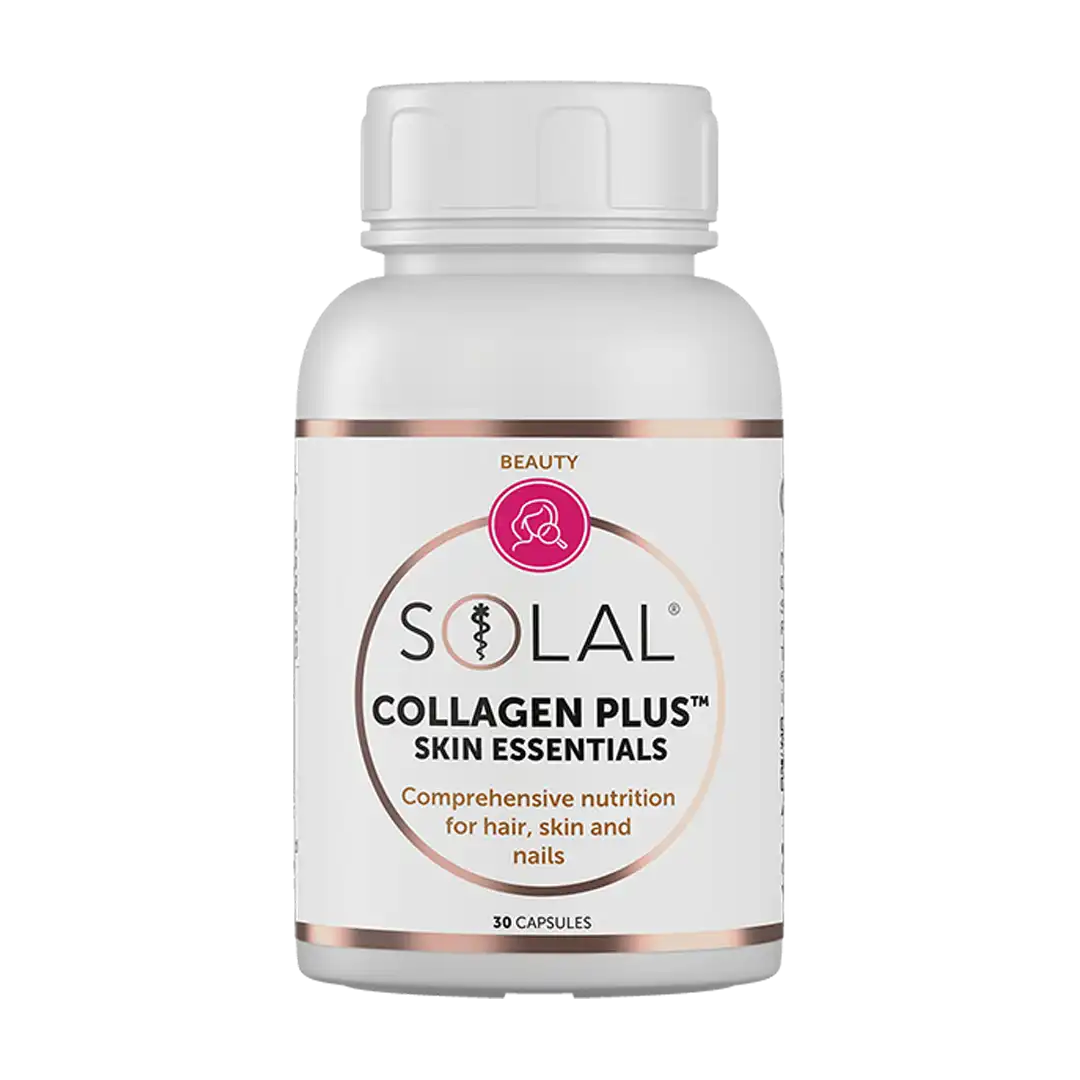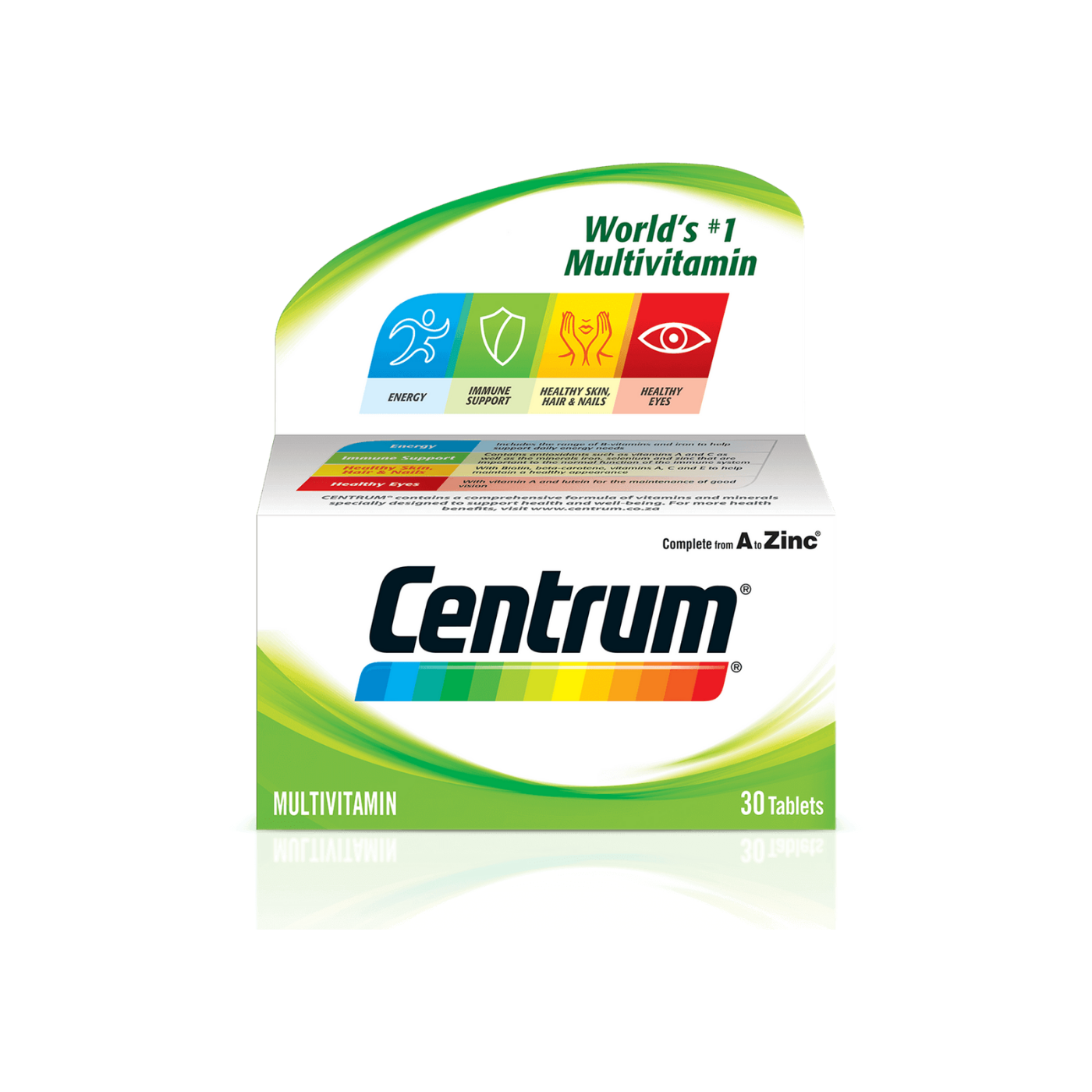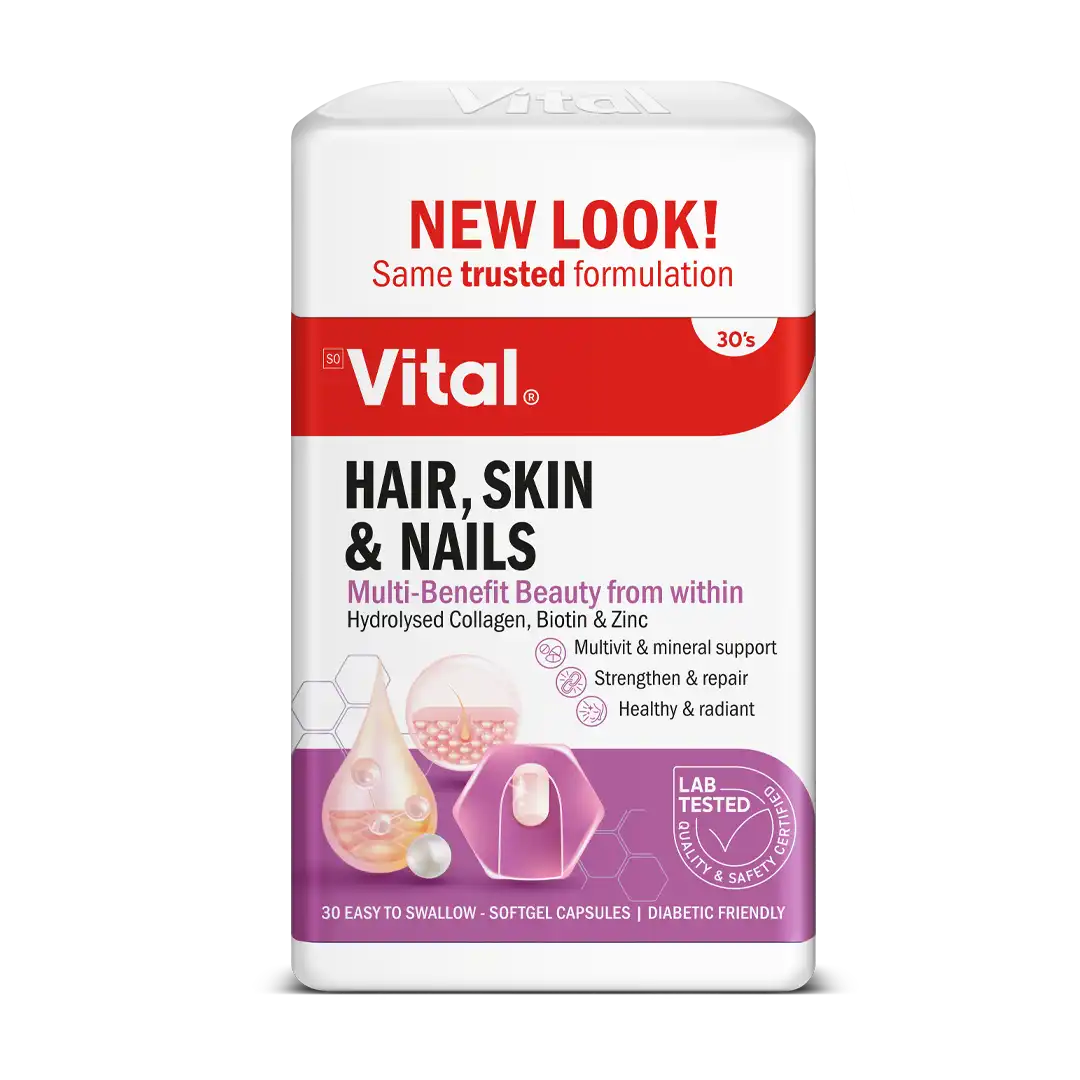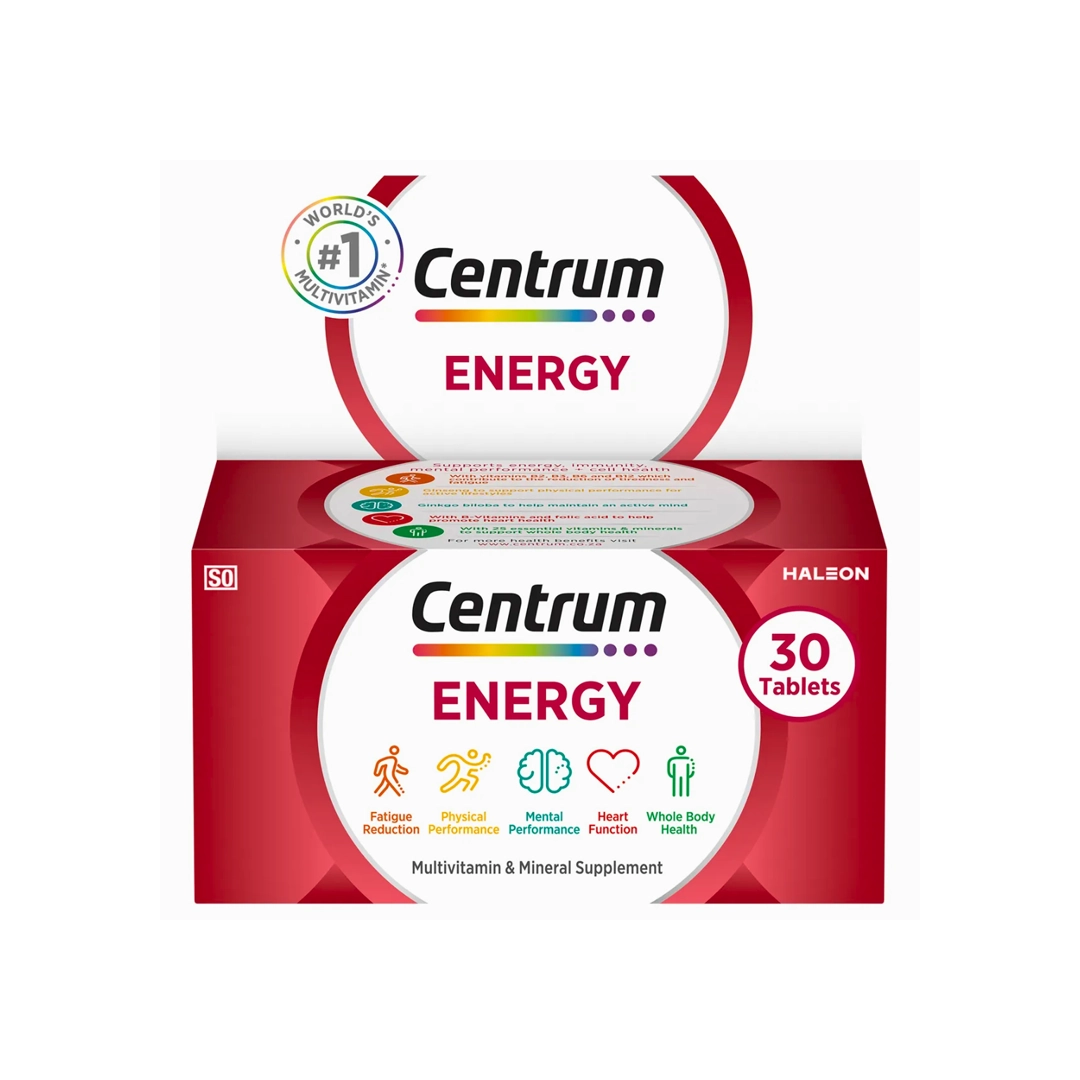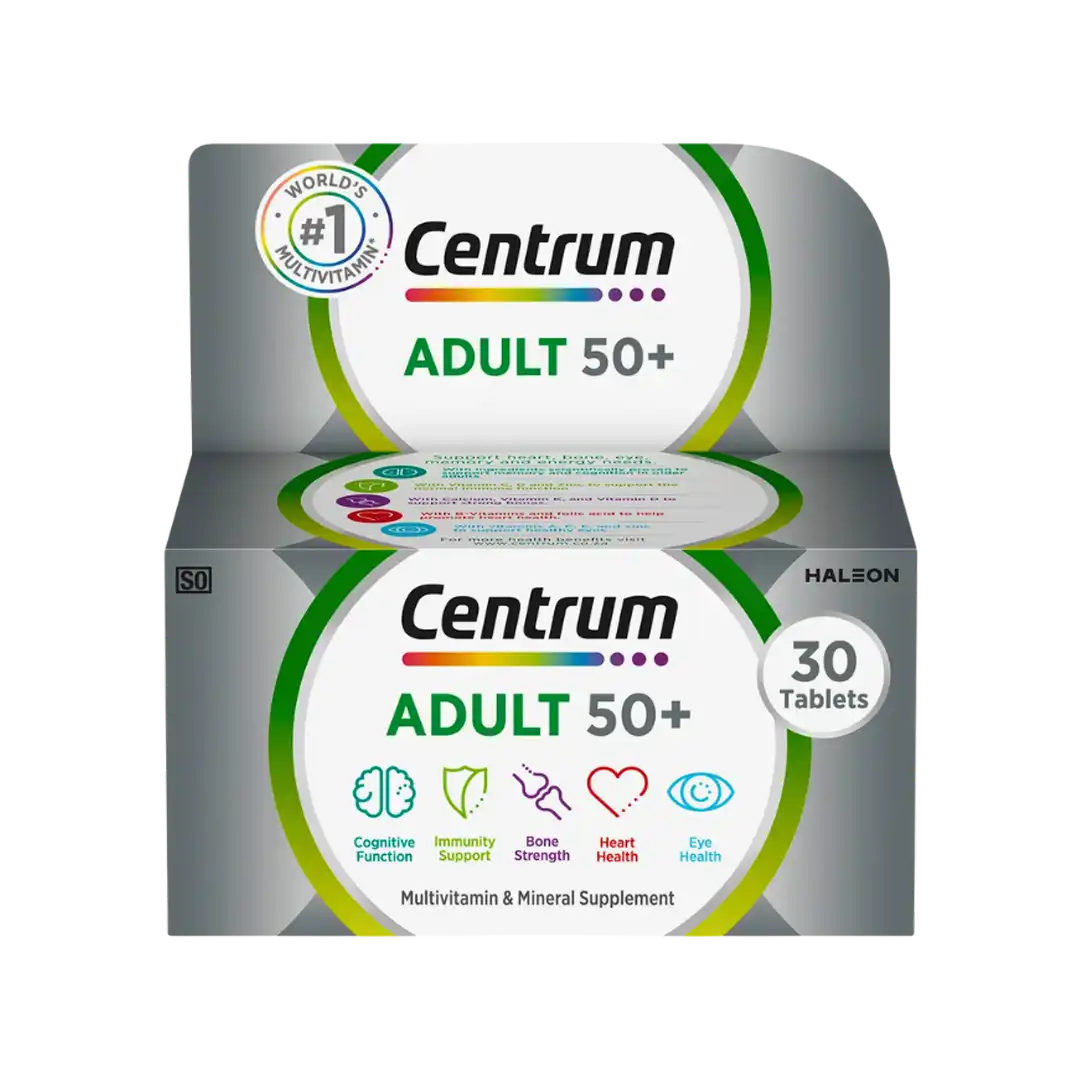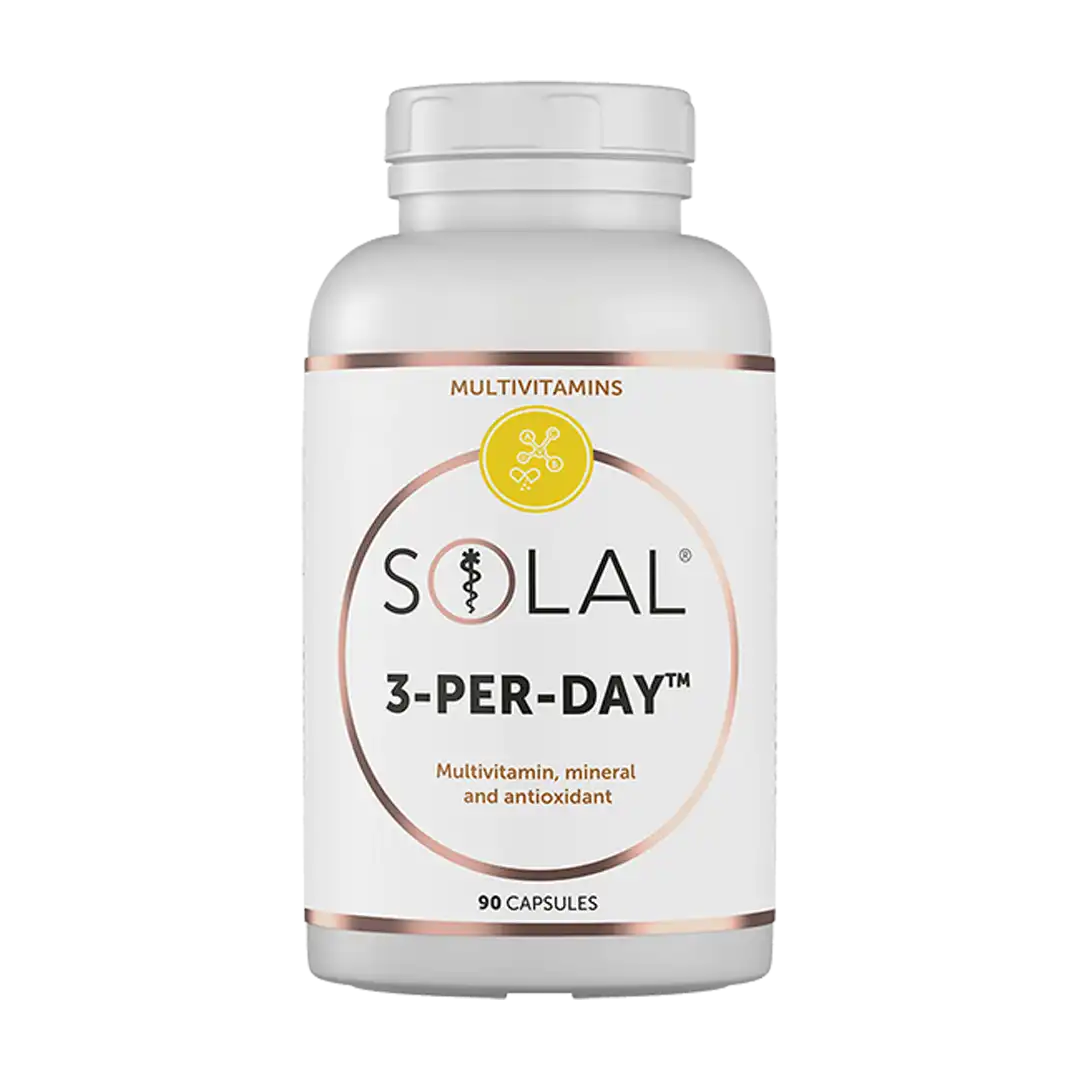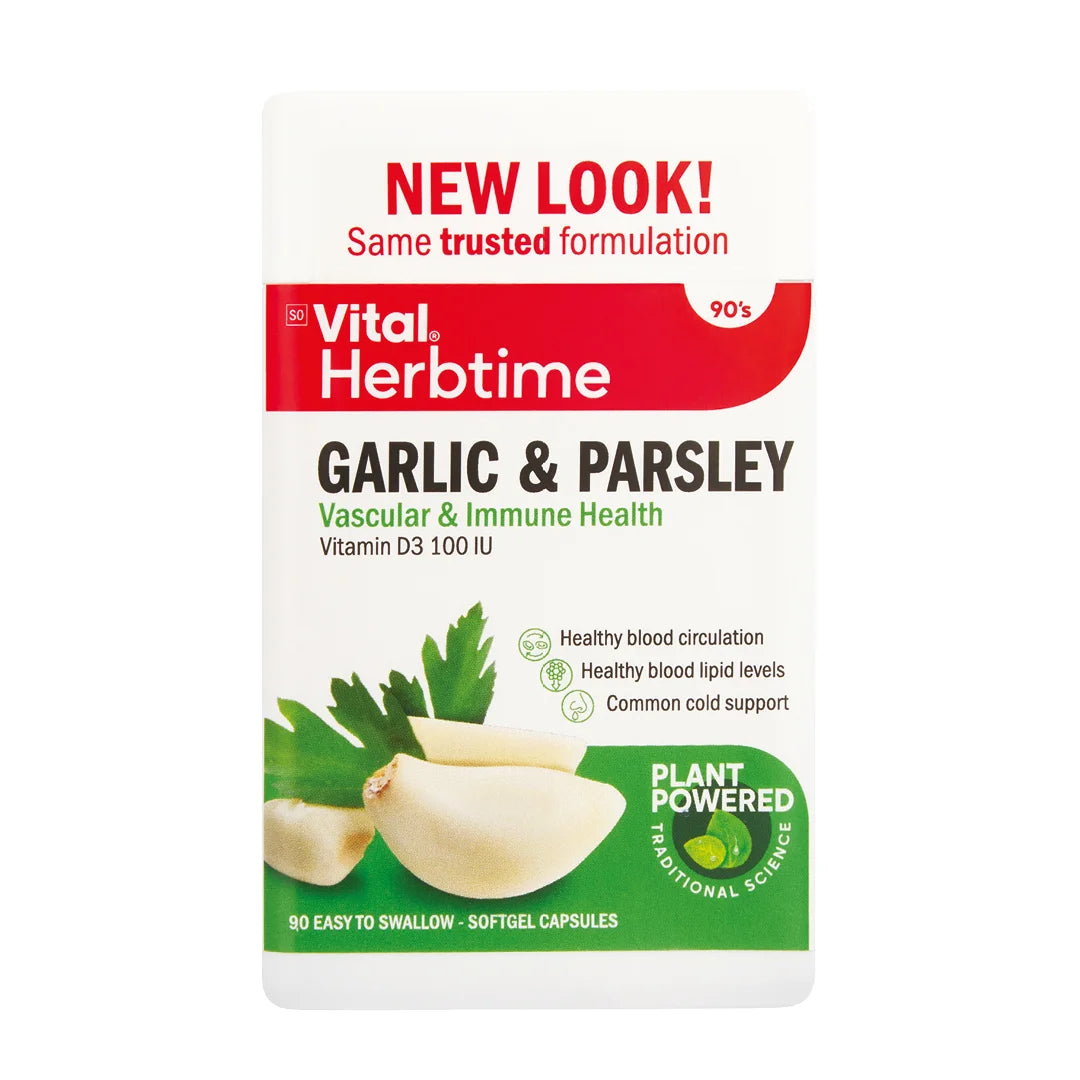Is it really worth taking multivitamins?
People globally spend billions on vitamins and mineral supplements each year, but many may not fully understand what they are taking or why. Choosing the right multivitamin can be overwhelming due to the vast number of options available. While some take multivitamins as a nutritional safety net, others dismiss them as unnecessary. Research offers mixed conclusions: some studies suggest multivitamins do not significantly reduce chronic disease risk, while others highlight their benefits and low risks.
Prevention of deficiency: Do we really need more micronutrients?
For optimal health, a varied diet is recommended, but
financial constraints and lifestyle challenges can hinder proper nutrition. Even for those who can afford a healthy diet, factors like declining soil quality may reduce the nutritional value of foods. In such cases, multivitamins can help fill nutritional gaps.
How to compare multivitamins
When selecting a multivitamin, it is important to choose
products from reputable manufacturers, preferably those licensed by the South African Health Products Regulatory Authority (SAHPRA). Checking the Nutrient Reference Value (NRV) on labels can help in comparing products, though individual needs may vary based on lifestyle, gender, and life stage. It’s also crucial to avoid excessive intake of certain nutrients, like vitamin A for pregnant women and iron for adult males and postmenopausal women.
The risks: Is taking multivitamins safe?
Multivitamin use is generally safe, but should be approached with caution in specific cases to avoid toxicity. For most healthy adults, a well-chosen multivitamin can provide valuable nutritional support.
Shop Multivitamins Now
